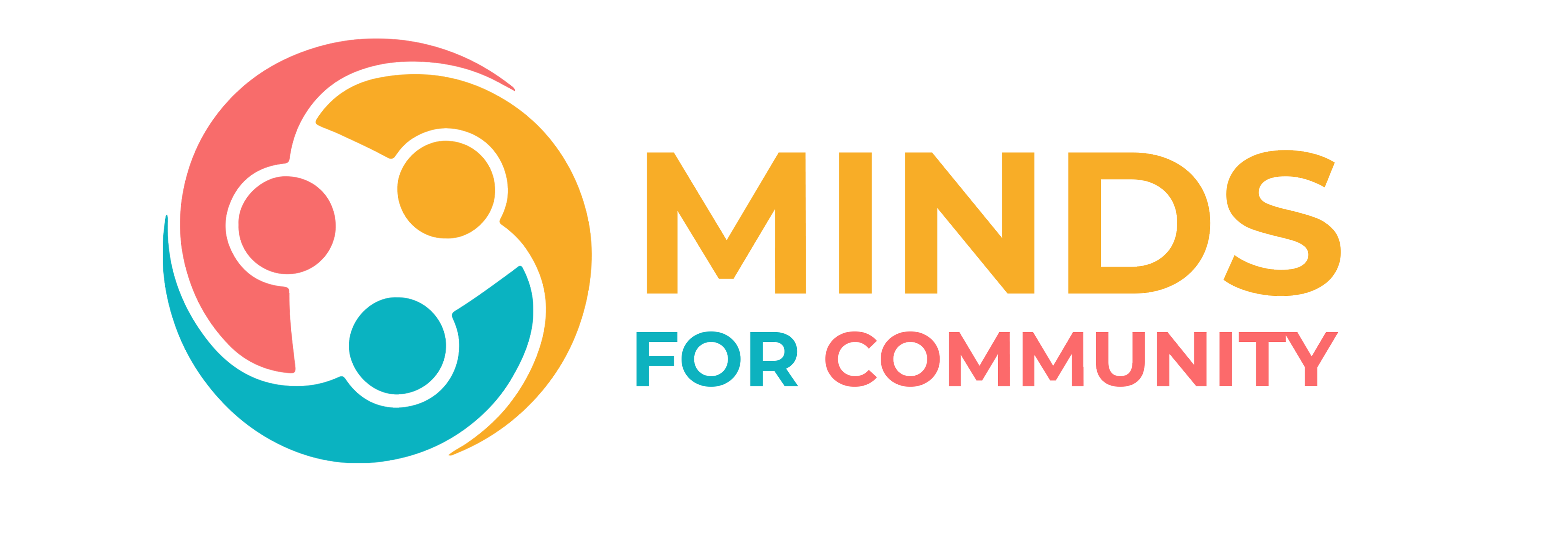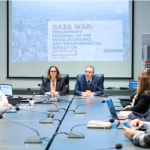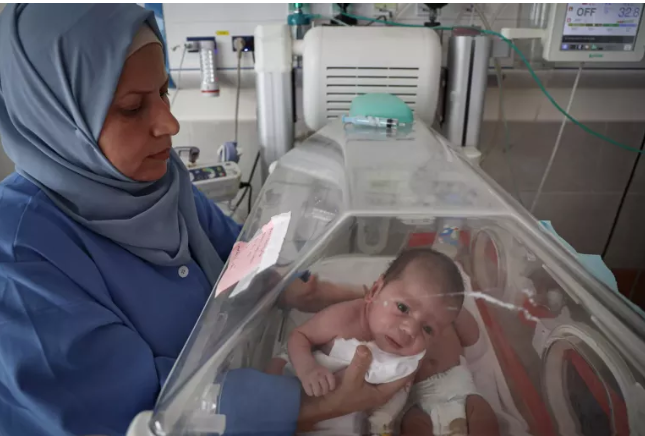This is a summary of what was said by UNICEF Communication Specialist Tess Ingram – to whom quoted text may be attributed – at today’s press briefing at the Palais des Nations in Geneva.
“In the 105 days of this escalation in the Gaza Strip, nearly 20,000 babies have been born into war. That’s a baby born into this horrendous war every 10 minutes.”
“This time last week, I was spending time with mothers at the Emirati Hospital in Rafah, the Gaza Strip.”
“The day there was a welcome reminder of the strength of life amid the chaos of war. But it was also the most heartbreaking of the seven days I spent in Gaza”.
“Let me give you four quick examples that speak to thousands of women’s experiences”.
“Iman – ran, terrified, while eight months pregnant, through the streets of Gaza City when it was under attack. Now, 46 days after a cesarean she is hospitalised with a severe infection. She is too weak to hold her new baby Ali”.
“Mashael – her house in the middle area was hit, her husband buried under the rubble for several days and then, her baby stopped moving inside her. She says she is sure now, about a month later, that the baby is dead. She is still waiting for medical care. She tells me it is best “a baby isn’t born into this nightmare”.
“Amal – buried under rubble during an attack while six months pregnant. The baby didn’t move for a week. Fortunately, baby Sama was born healthy the day before we met. But Amal is injured and sick and was preparing to take Sama home to a makeshift shelter on the streets of Rafah”.
“And nurse Webda has performed emergency cesareans on six dead women in the last eight weeks. She tells me, “There are also more miscarriages because of the unhealthy air and smoke due to the bombing. This has happened more times than I can count”.
“The situation of pregnant women and newborns in the Gaza Strip is beyond belief, and it demands intensified and immediate actions”.
“The already precarious situation of infant and maternal mortality has worsened as the healthcare system collapses”.
“Mothers face unimaginable challenges in accessing adequate medical care, nutrition, and protection before, during and after giving birth”.
“The Emirati Hospital in Rafah is now catering to the vast majority of pregnant women in the Gaza Strip”.
“Struggling with overcrowded conditions and limited resources, staff are forced to discharge mothers within three hours of a cesarean”.
“These conditions put mothers at risk from miscarriages, stillbirths, preterm labor, maternal mortality and emotional trauma”.
“The trauma of war also directly impacts newborns, resulting in higher rates of undernutrition, developmental issues and other health complications”.
“And pregnant and breastfeeding women and infants are living in inhumane conditions: makeshift shelters, poor nutrition, and unsafe water. This is putting approximately 135,000 children under two at risk of severe malnutrition”.
“Let’s not forget, this is in the southern half of Gaza. Despite relentless efforts, UNICEF has been unable to access the north, where the situation is, incredulously, worse”.
“In the time it has taken me to present this, another baby was likely born, but into what? Like Amal, will they be returning to a makeshift shelter. Nervous that the water is going to make their baby sick? Worried about what the baby will eat?”
“Becoming a mother should be a time for celebration. In Gaza, it’s another child delivered into hell”.
“Humanity cannot allow this warped version of normal to persist any longer. Mothers and newborns need a humanitarian ceasefire.”






